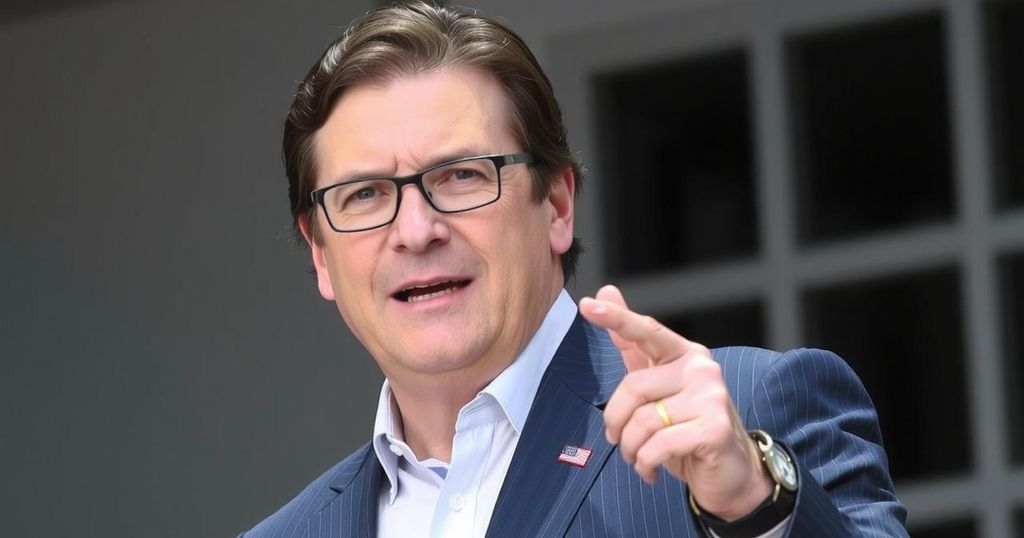Zoran Milanovic Advances to Second Round of Croatia’s Presidential Election

Incumbent president Zoran Milanovic has advanced to the second round of Croatia’s presidential election after securing 49.1% of the vote. His main challenger, Dragan Primorac, received 19.35%. The second election round is set for January 12, 2024, amid tensions between the incumbent and the ruling party. Milanovic aims to collaborate with the government while focusing on national interests, highlighting the election’s significance for Croatia’s political landscape.
Zoran Milanovic, the incumbent president of Croatia, has emerged as the frontrunner in the initial round of the presidential elections held recently. Securing 49.1% of the vote, he did not achieve an outright majority, thus necessitating a second round of voting on January 12, 2024. His closest rival, Dragan Primorac from the ruling Croatian Democratic Union (HDZ), garnered 19.35%, while independent candidate Marija Selak Raspudic placed third with 9.25% of the votes.
Although the presidential role is largely ceremonial, Milanovic has expressed a willingness to collaborate with the government in light of current uncertainties. He emphasized his commitment to advocating for a thriving Croatia, stating, “I will fight for a Croatia with attitude … a Croatia which cares about its interests.” Throughout his term, he has been vocal in his dissent against Prime Minister Andrej Plenkovic’s administration and has harshly critiqued the policies of the European Union and NATO concerning their support for Ukraine.
With approximately 3.8 million registered voters, the turnout during this election was reported at 46%. Primorac views the impending second round as an opportunity to attract right-wing votes that were dispersed among various candidates in the first round. He asserted, “My programme offers everything that Croatia needs – unity, a better life, a care for the youth … a care for pensioners.” Despite Milanovic’s controversial views, many perceive him as a key counterbalance to the ruling HDZ government, which has been marred by allegations of corruption and instability, resulting in the departure of 30 ministers in recent years.
The current presidential election context in Croatia is characterized by Zoran Milanovic’s tenure as incumbent, which has been marked by significant political contention, particularly with the ruling party, the HDZ. The system allows voters to elect a president who, while operating in a largely ceremonial capacity, influences foreign policy and national security. Milanovic’s clashes with the HDZ government reveal underlying tensions within Croatia’s political landscape, especially concerning European Union relations and domestic governance. The first round of voting indicated voter fragmentation across various parties, setting the stage for potential shifts in the political equilibrium during the second round.
In summary, Zoran Milanovic has positioned himself as a strong candidate in the ongoing presidential election despite not achieving the necessary majority in the first round. His willingness to engage with the government and focus on national interests reflects a strategy aimed at consolidating support among voters discontent with the current administration. The upcoming second round promises to be a pivotal moment in defining Croatia’s political future amidst ongoing challenges facing the nation.
Original Source: www.deccanherald.com








